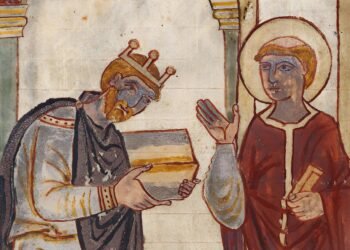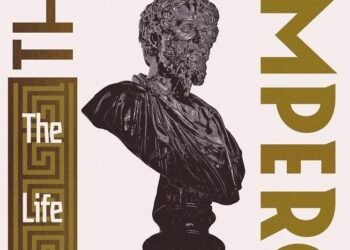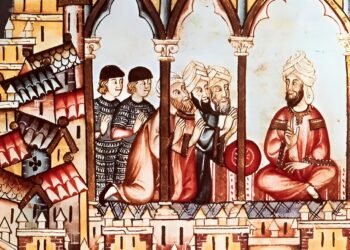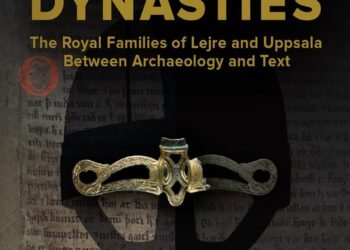The concept of “authenticity” is not a fixed or universally defined notion; rather, it is a product of cultural and historical contexts. What is considered genuine or counterfeit is contingent on the norms established by specific communities. In this network, we engage in discussions surrounding the construction of “authenticity” and its implications, particularly in the context of China’s cultural heritage, which encompasses objects, texts, and intangible practices associated with China’s history.
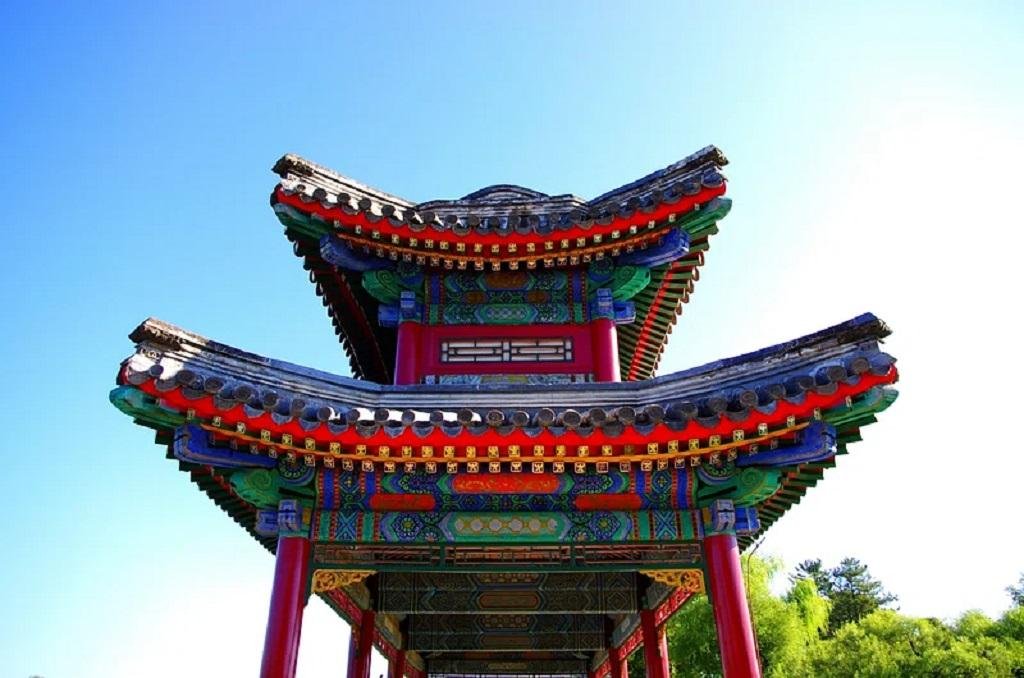
Key inquiries revolve around the evolving standards of authenticity concerning time, space, object or text types, and the reasons behind these changes. We explore the authorities responsible for determining authenticity and the basis of their expertise.
Additionally, we delve into the creators of forgeries, the circulation of such forgeries, and their economic impact. We examine how forgery has been employed to challenge ownership of the past, express political dissent, or promote intellectual agendas.
Furthermore, we investigate how contemporary concerns about authenticity influence the management of China’s cultural heritage today. It is essential to clarify that our focus is not on the methodologies for authentication or passing judgment on the genuineness of specific objects or texts; instead, we are interested in the cultural, social, economic, and political dimensions of authenticity construction.
The term card for these discussions during the Hilary Term of 2022 is available here: Authenticity talks term card HT 2022
We will be hosting an online conference 16-20 March, 2021. For further information and to register please click here.
Recordings of the following discussions are now accessible through the provided links:
Zhang Lisheng and David Francis (UCL) discussed “Reevaluating authenticity: Creativity in contemporary craft making in China”
David Lebovitz (HKBU Jao Tsung-I Academy of Sinology) “Was it really so, royal uncles? Notions of authenticity in the reception, redaction and reconstruction of some avuncular remonstrations”
Stephanie Su, Assistant Professor of Asian Art, University of Colorado, Boulder “Making Forgeries, Making Canons: Chinese Art Historical Writing in the Early 20th Century”
Penny Dan Xu (Vrije Universiteit Brussel): Copy, yet Original: Re-examining ‘fang Ni Zan’ paintings in the 15th – 17th centuries
Guo Boya (Harvard University): Critical Chinese Copying as an Interrogation of the Hegemony of Modernity
Visit the TORCH website here for further details.
“Understanding Authenticity in China’s Cultural Heritage” receives generous sponsorship from various institutions, including Oxford University’s Knowledge Exchange Seed Fund, TORCH Heritage Seed Fund, The British Academy, The Leverhulme Trust, Oxford China Centre, St. Hugh’s College, and Pembroke College.



